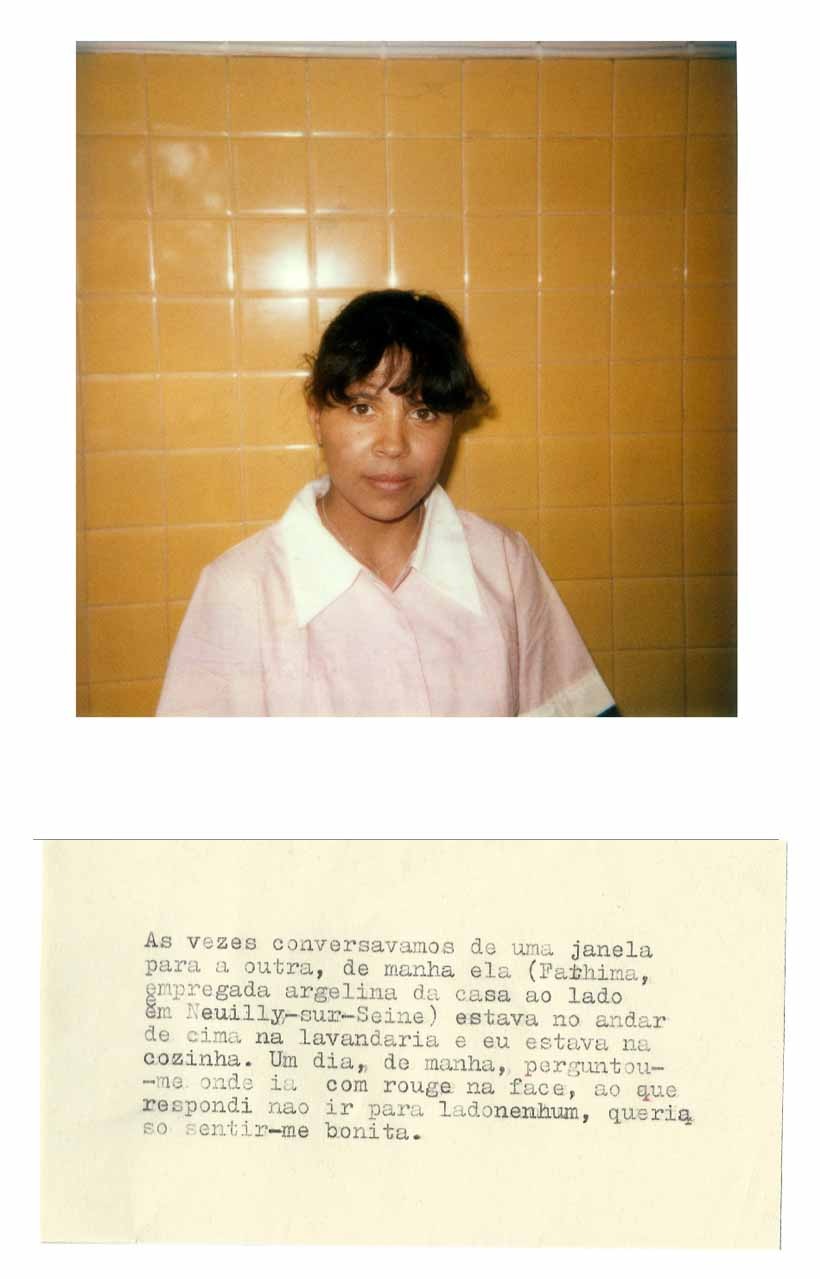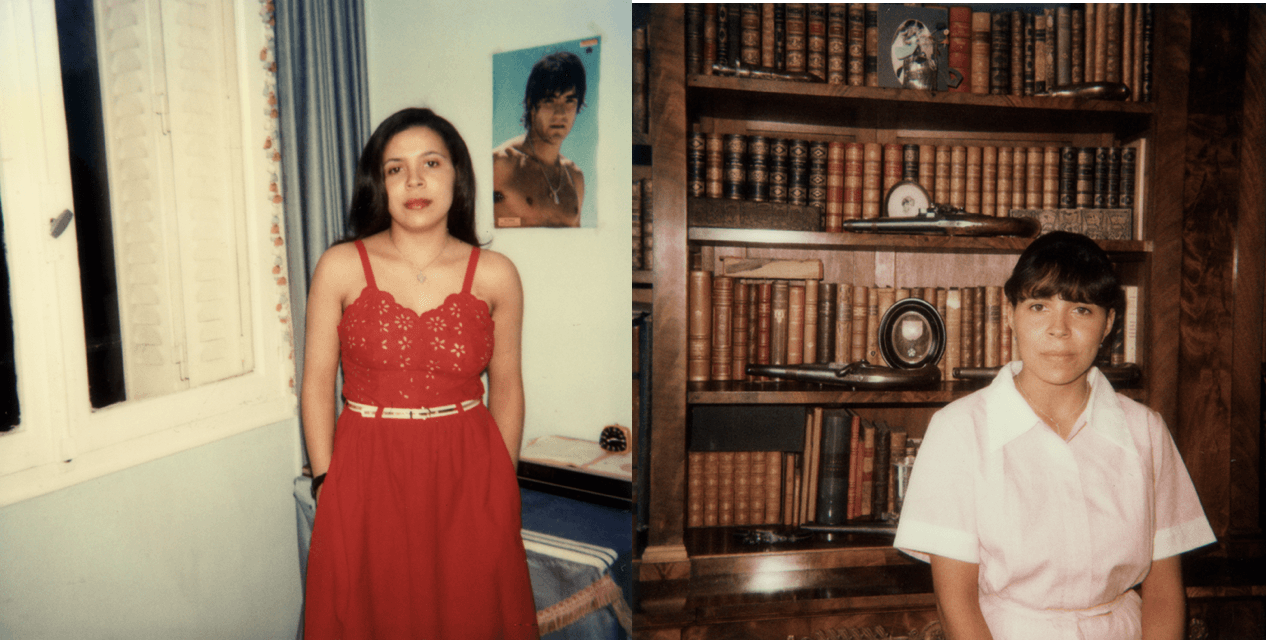How do immigrant workers relate to the families they work for? And how are they affected by this relationship? How do you experience the need to leave your home to take care of the homes of others? How does a country relate to the immigrants it welcomes? In Pendulum, Marco Martins works with a group of female caregivers and domestic servants whose lives are guided by commuting: between the periphery and the center of the capital (Lisbon), between their home and the home of those who employ them, and between the country of origin and country of destination, Portugal. Pendulum focuses on the nature of domestic work, to talk about family relationships, the confrontation between different ways of life, contexts, expectations, dreams and daily lives. This creation, in line with the scenic work developed in recent years by Marco Martins, is based on the participation and commitment of a group of non-professional actors. It makes room for the stories of those who are directly confronted with the precariousness implicit in the economic and social development of the world.













